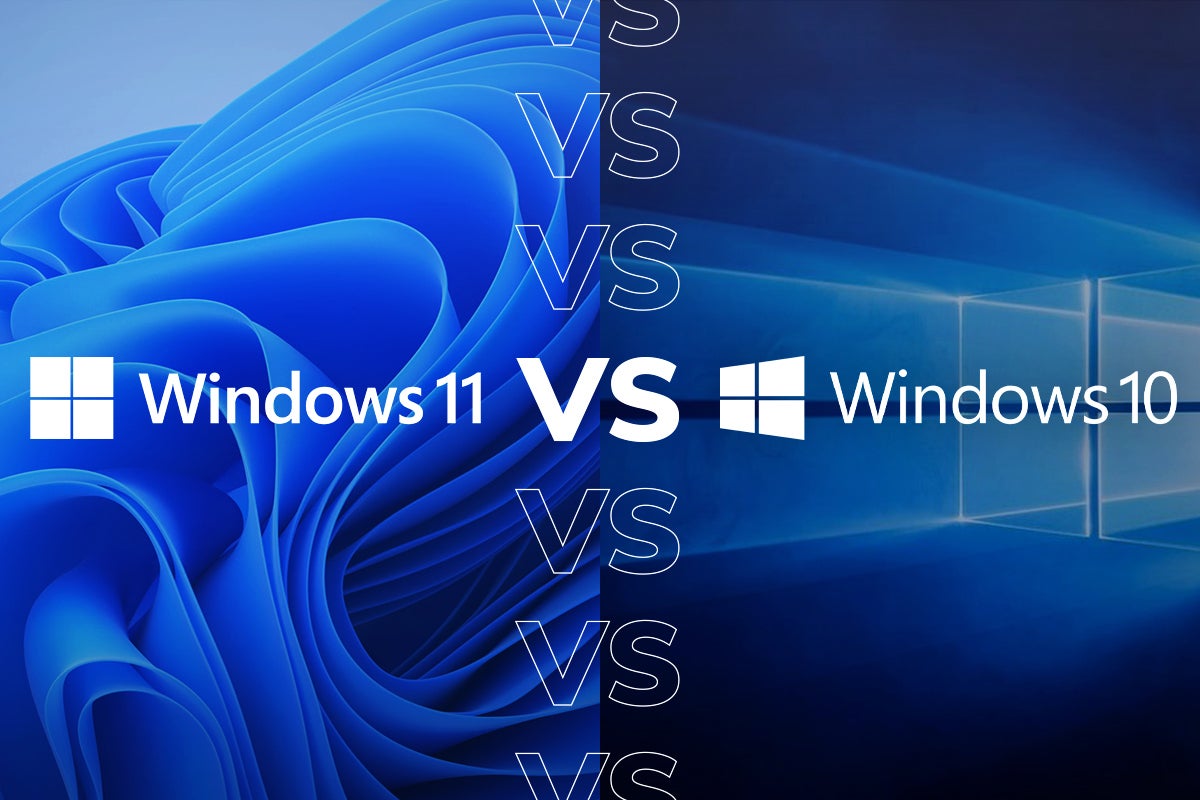
Windows 10 Enterprise also offers Volume Licensing, although Microsoft dropped a rather worrying hint here: Windows 10 Enterprise - large organizations Security is a big focus here - 'advanced capabilities to help protect against the ever-growing range of modern security threats' while the version will also support ' the broadest range of options for operating system deployment and comprehensive device and app management'. The latter might seem odd - why would you want to use your smartphone in 'PC mode' - the fact is that many small devices can connect to larger screens where it makes more sense to opt for a PC interface. These include the universal apps such as Photos and Mail, a new touch-optimized version of Office and also Continuum.

Windows 10 Mobile - smartphones and small tablets Focussing on touch-centric devices, Windows 10 Mobile will be available for smartphones and small tablets while including many of the same core features as other versions of the new OS. You can read more about Windows Update for Business here. There will also be quicker access to security updates. There's also the ability to use distribution rings to specify which devices get updates first - you might want to hold off on some areas of your business until the updates have been tested for example. The latter will allow access to its advanced update rollout features such as peer to peer delivery, which can boost update speeds so whether you're a business user or just the resident computer expert at home, you'll likely want to go 'Pro' - see Windows 10 To Use BitTorrent-Style P2P To Deliver Updates for more information on this. Additional data protection, remote features, cloud technologies and perhaps more interestingly Windows Update for Business will be the main additions.


Windows 10 Pro - business and advanced users As usual, 'Pro' is essentially 'Home' with a few extra features bolted on that advanced and business users will likely want to take advantage of.


 0 kommentar(er)
0 kommentar(er)
